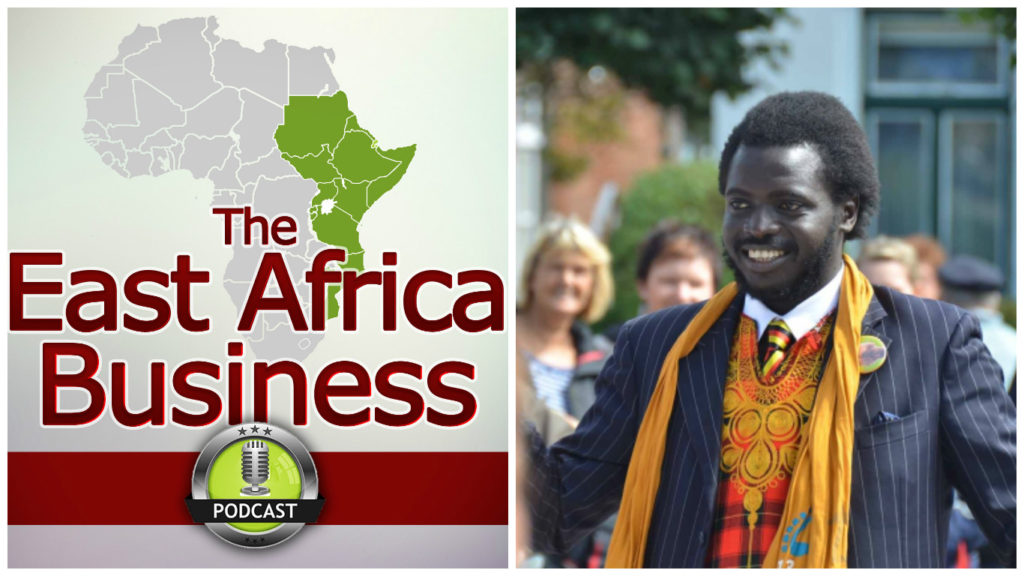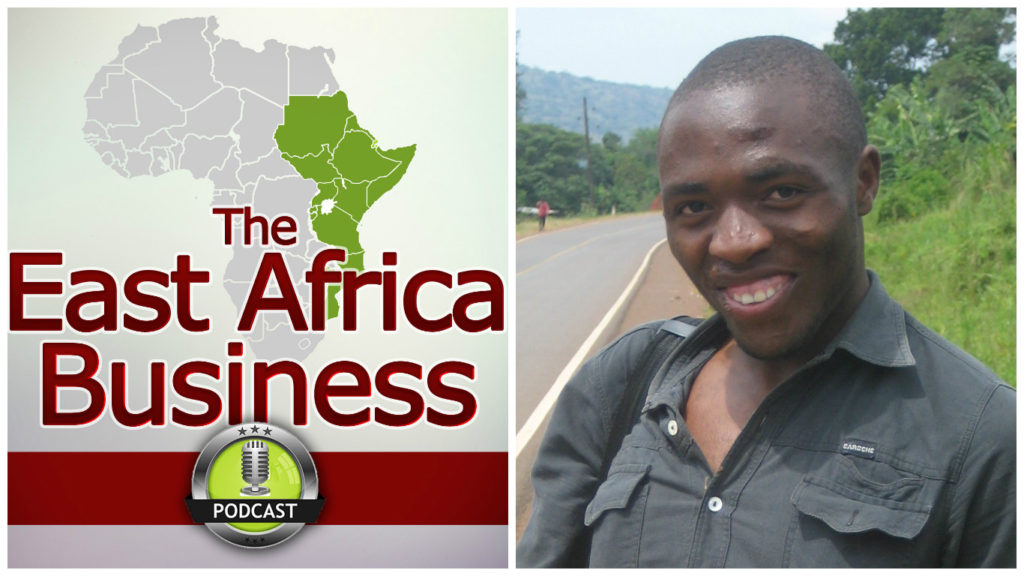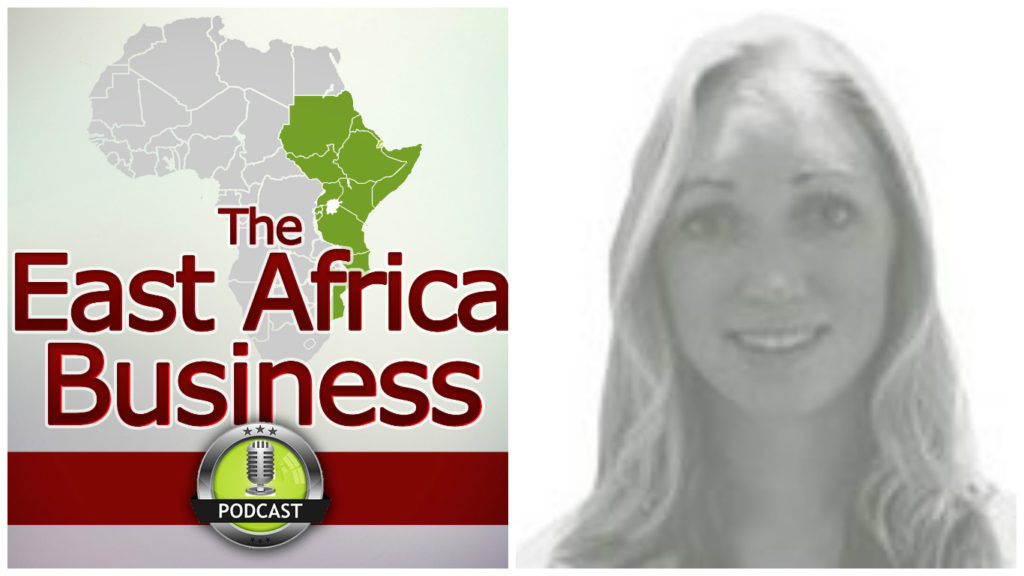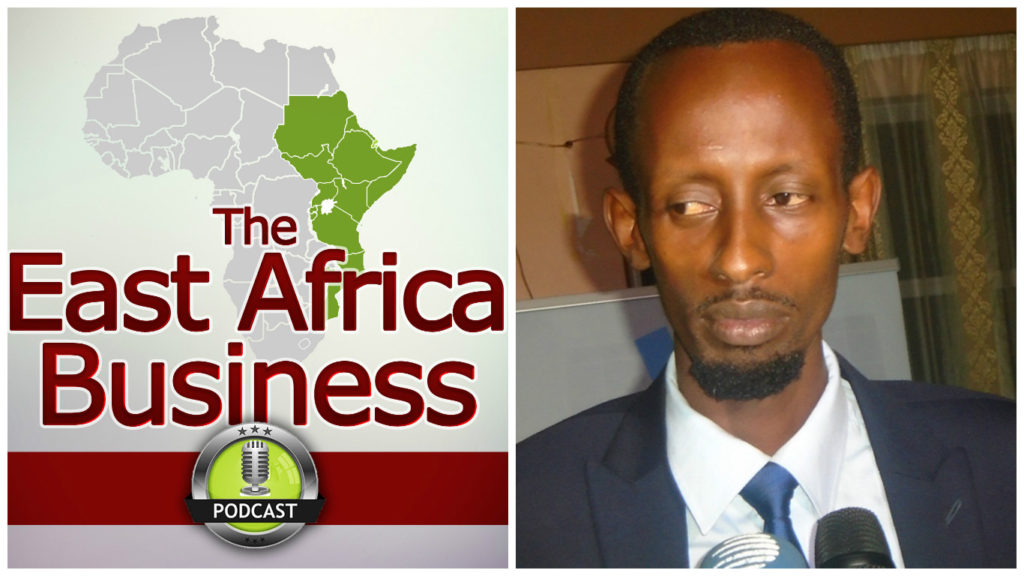Overview
During my travels in East Africa, time and again people would point to the low prices that farmers receive as the main blocker to development.
Low prices come from not being able to store produce, nor do the basic milling to give it more value. It’s difficult though, as much of the basic infrastructure such as transport, power and facilities are absent in the many rural areas that exist in the region.
Peter Nyeko set up Reparle as a marriage of three organisations to solve exactly this. We talk about the environment that many rural farmers are living, how Reparle learnt about the conditions they worked in and the considerations with planning out a large scale project like this.
We also talk a fair bit about biomass, and so if you’re interested in learning more about this solar alternative to clean energy creation, look out for the Clean Cooking episode I did with Ziwa from Green Bioenergy.
Sign up below to hear whenever there are new stories and episodes released on the podcast
Here are the key quotes:
“Reparle stands for…”
Renewable Energy Empowering Agriculture and Rural Livelihood Enhancement
“It’s a project made up of others”
Mandulis Energy (which focuses on biomass energy), Dream Shuttle (for logistics and distribution), Acted (French NGO) which helps us focus on social impact.
“We provide small holder farmer services”
We give them access to processing facilities as well as means to have electricity and clean cooking facilities.
“Selling raw means a poor price”
When a commodity has no processing, it needs to be sold at a low price to traders. Reparle gives facilities to farmers (such as storage and milling) which means they can add value to their product and receive a higher price.
“We provide milling within 10 miles of where they live”
There are up to 6,000 farmers who can access each milling facility at one of the Reparle hubs. We are also able to link up farmers to electricity in the off-grid areas.
“Reparle for profit but…”
It’s also a social business. We offer farmers agricultural services, clean fuel and electrcity at below market price .
“Solar is really expensive”
And so we offer biomass electricity which is a quarter of the cost of solar. It’s all about getting the logistics of moving reliable biomass to generate electricity.
“Lack of infrastructure has been a barrier to entry”
Larger organisations have been put off doing this because they have needed electricity and transport systems to run the business. Reparle have been able to build this infrastructure and so are creating the market.
“There’s also not the capacity”
Millers can’t run their factories any more. Most of Ugandans don’t have electricity or these other services, and so we go to these virgin markets.
“We’ve had awesome knowledge transfer”
Between the three entities (renewable energy, logistics and social impact) we’ve had recognition from reputable international organisations around what we’ve achieved.
“In Africa the one thing you can’t control is political risk”
For this I mean instability just popping up. You have to leave that to insurance. Other than that we built a system to mitigate other risks that we might face.
“Our on grid project took a decade”
Supplying electricity from our plants to the Uganda Electric Grid has taken time, but nevertheless has been pretty straightforward.
“We prepared for many scenarios”
Lots of things such as if regulation changed, deadlines were missed, and costs were to jump. Projects are planned to cater for 1.5 times the worst case scenario.
“We walked in the fields with farmers”
From the start we have worked as farmers ourselves which allowed us to design a system that was built for them and what they would need.
Links etc.
Mandulis Energy Dream Shuttle Acted NGO CFO World Economic Forum Top 10 Female Innovators
Social Media Follows etc.
Website: www.mandulisenergy.com Facebook: Mandulis Energy





